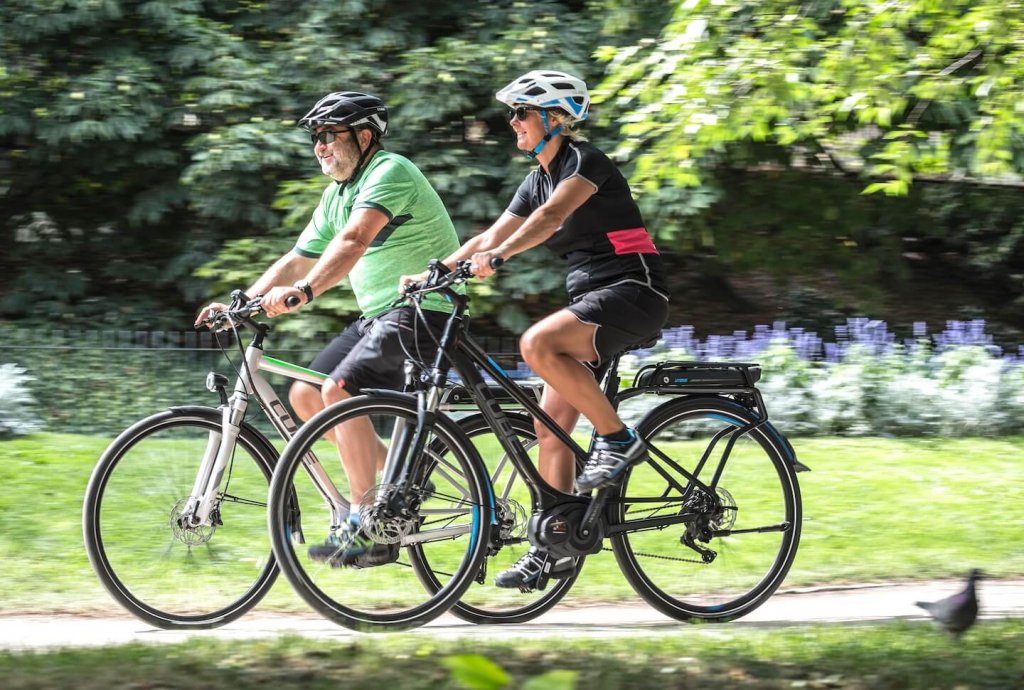December 1, 2020 - A long-awaited update as to how Ontario regulates e-bikes might be coming soon. In response to the growing popularity of cycling and the increased demand for electric bikes, the province’s Ministry of Transportation has recently released a new proposed framework for e-bikes and e-cargo bikes.

Currently, Ontario uses a broad definition of e-bikes that captures both bicycle-style e-bikes and moped or motorcycle-style e-bikes. If adopted, the new approach would differentiate between these two types of vehicles. This is an effort to address safety concerns when larger, faster, and more powerful motorcycle-style e-bikes operate in the same spaces as bicycles, pedestrians and other vulnerable road users.
While bicycle-style e-bikes would continue to be treated like bicycles, mopeds and motorcycle-style e-bikes would be regulated separately as mopeds and require a license, registration and insurance.
Bicycle-style e-bikes would continue to have a maximum speed of 32km/h and a maximum engine power of 500 watts, but the weight limit would be lowered from 120kg to 65kg.
Another interesting proposed change is the removal of Ontario’s minimum age requirement of 16 years for both passengers and operators. Under the new framework, operators must be at least 14 years of age, but passengers of any age would be permitted as long as there is a seat available for them. This would make it legal for people with young children to e-bike together on an e-cargo bike or other e-bike with a child seat.
The province’s proposal also responds to demand for the use of e-cargo bikes with a pilot project to evaluate how they could be deployed for commercial use. Because e-cargo bikes are usually bigger and heavier, their use can be limited by typical e-bike weight restrictions.
The proposed multi-year e-cargo bike pilot would not require operators to have a license, insurance or registration. The new framework would lift any weight requirements on e-cargo bikes while limiting their width to 1.2m and length to 4m.
The framework was developed with input from stakeholders, including municipalities, enforcement, industry, retailers and road safety organizations. The new approach would also remove Ontario’s reference to the federal definition of e-bikes (power-assisted vehicles) in the provincial Highway Traffic Act as a result of Transport Canada’s decision to repeal it effective February 2021. You can read more about that federal decision online here[1].
The Ontario Ministry of Transportation is seeking public comment on the proposed new framework until December 19. You can submit feedback and view the materials through Ontario’s Regulatory Registry[2].

















